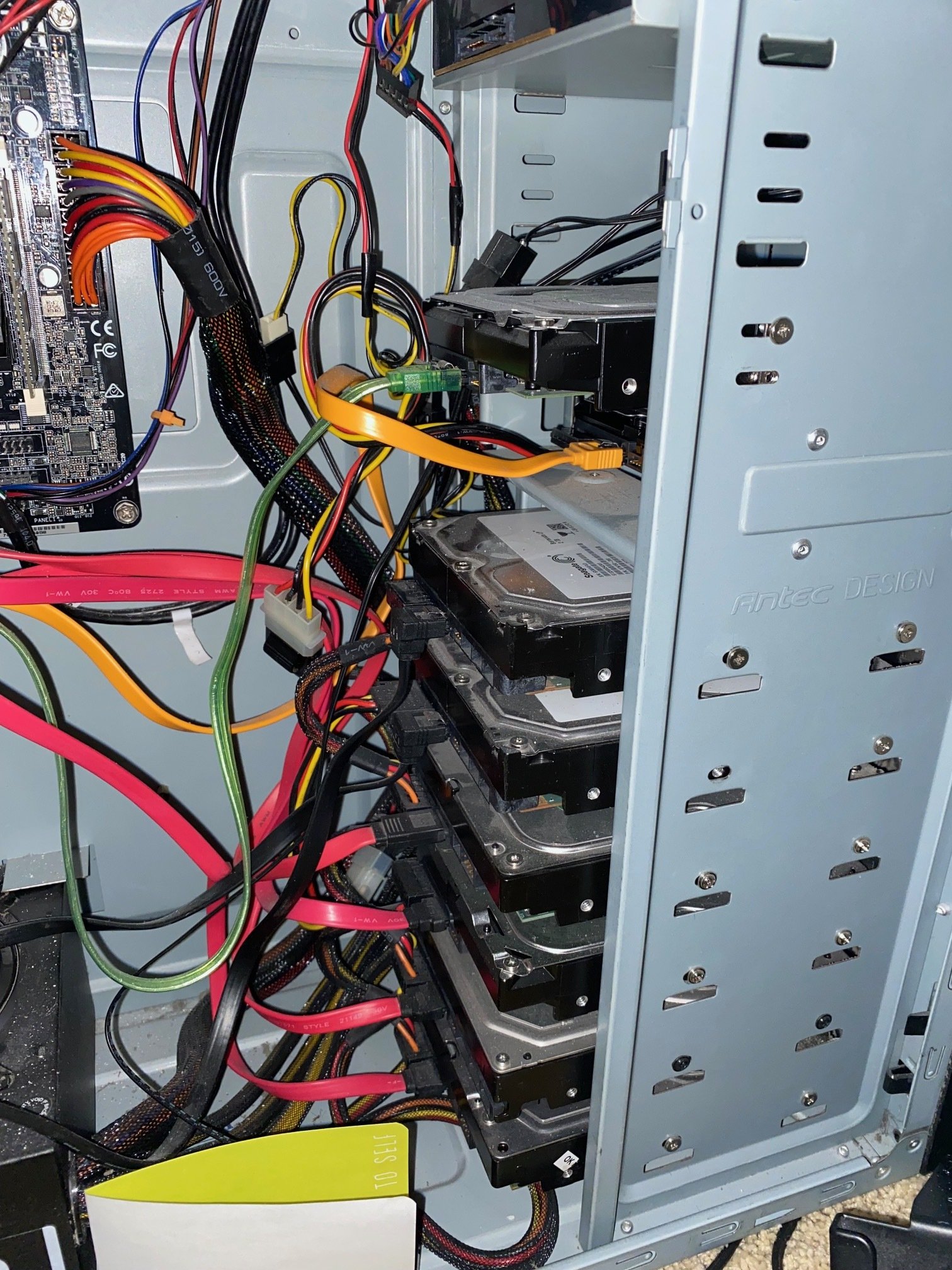this post was submitted on 05 Mar 2024
32 points (97.1% liked)
Self Hosted - Self-hosting your services.
16487 readers
5 users here now
A place to share alternatives to popular online services that can be self-hosted without giving up privacy or locking you into a service you don't control.
Rules
- No harassment
- crossposts from c/Open Source & c/docker & related may be allowed, depending on context
- Video Promoting is allowed if is within the topic.
- No spamming.
- Stay friendly.
- Follow the lemmy.ml instance rules.
- Tag your post. (Read under)
Important
- Lemmy doesn't have tags yet, so mark it with [Question], [Help], [Project], [Other], [Promoting] or other you may think is appropriate. This is strongly encouraged!
Cross-posting
- !everything_git@lemmy.ml is allowed!
- !docker@lemmy.ml is allowed!
- !portainer@lemmy.ml is allowed!
- !fediverse@lemmy.ml is allowed if topic has to do with selfhosting.
- !selfhosted@lemmy.ml is allowed!
If you see a rule-breaker please DM the mods!
founded 4 years ago
MODERATORS
you are viewing a single comment's thread
view the rest of the comments
view the rest of the comments

So my current processor has QuickSync. Are there generations of quicksync? Would a newer implementation be faster? There's not a lot of data out there. It seems like QS support is either yes or no.
QS is generational, and newer versions will be much better in quality than older ones, and have some more throughput too.
Important note: ARC gpus all have the same qs engine right now (A780 = A310), so even an arc a310 will decimate any cpu qs and will be much faster than any nvidia hardware encoder too. (qs encoder in a310 is slightly handicapped by lower vram bandwidth and size, but it is negligible)
I'm not entirely certain. QuickSync is an Intel GPU feature and generally just listed as Yes/No on ark.intel.com so I'm inclined to suspect it doesn't have significant change from one generation to another. Most GPUs have a limited number of of video streams they can transcode at a time, so if you're exceeding that number then I believe it will have to brute force it on the processor which will be anemic on an older Celeron. Have you verified that Plex is actually using QuickSync to transcode? If its been hitting the processor this whole time that would easily do that.
Not sure what Plex is using, but Shinobi and Photoprism do.
Plex usually runs at native resolution, but it can just barely run if it has to downscale or bake in subtitles in real time. I'll have to check the settings to see what it's using.
Edit: Ah, looks like you need to pay for Plex Pass to enable Quick Sync.
That would certainly do it! Stating the obvious, here, looks like you have 3 clear paths to take:
Newer generations have decoders/encoders for more codecs. 8th gen Intel Core cpus have good HEVC support while you need the more recent gens for good AV1 support.